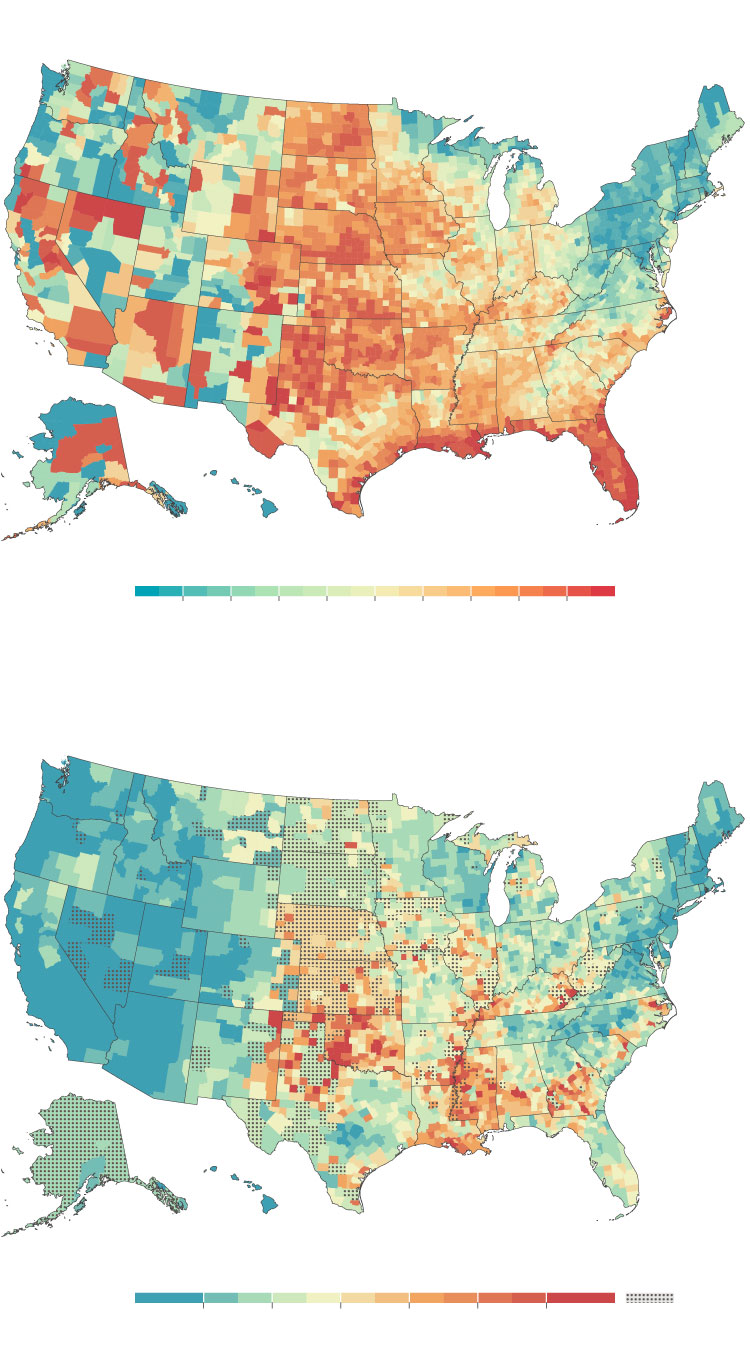Navigating life’s transitions can be overwhelming, and one critical aspect that often gets overlooked is the importance of insurance. This article presents Top Tips for Updating Your Insurance Policies After Major Life Events, guiding you through the necessary steps to ensure your coverage aligns with your current situation. Whether it’s marriage, buying a home, or welcoming a new child, adjusting your insurance will not only protect your assets but also provide peace of mind during life’s changes.
Understanding Major Life Events and Their Impact on Insurance
Major life events can significantly alter your risk profile, which in turn necessitates an update to your insurance policies. Knowing when and how to make these adjustments can save you money and prevent potential gaps in coverage.
Defining Major Life Events
Major life events encompass various milestones, including:
- Marriage or divorce
- Birth of a child or adoption
- Home purchase or sale
- Career changes or job loss
- Retirement or significant health changes
Each event represents a shift in responsibilities and dependencies, often requiring a reassessment of your existing policies.
Why Insurance Needs Change
When life changes occur, your insurance needs may expand or contract. For example, getting married typically means combining households, which could affect homeowner’s or renter’s insurance. Similarly, having children introduces new liabilities and necessitates additional life insurance.
Assessing Your Current Coverage
One of the Top Tips for Updating Your Insurance Policies After Major Life Events is to conduct a thorough review of your current coverage. Make a list of all your policies and consider if they still cover your needs accurately.
Adapting Your Auto Insurance After a Major Life Event
Your automobile insurance is often one of the first areas to examine when experiencing a major life change. The unexpected can happen at any time; hence, staying updated is crucial.
Marital Status Changes and Car Insurance
If you’ve recently gotten married, it might be time to consider combining your auto insurance policies for potential savings. Many companies offer discounts for multi-car and married couple policies, leading to lower premiums.
New Drivers in the Family
The addition of a teen driver or a spouse who has never had their own insurance can impact your rates and coverage. Ensure they are added to your policy, as failing to do so can lead to penalties or inadequate coverage in case of an accident.
Moving to a New Location
A change of address often comes with different risk factors. If you’re moving to a more urban area, your auto insurance rate may increase due to higher traffic and theft rates. Be sure to inform your insurer immediately to avoid issues should you need to file a claim.
Revisiting Homeowners Insurance After Life Changes
Homeownership brings about responsibilities and risks that must be managed carefully through appropriate insurance coverage.
Buying or Selling a Home
Purchasing a new home is an exciting yet complex process. When you buy a home, you’ll need homeowners insurance to protect your investment. This is an opportune moment to shop around and compare policies that suit your new property.
Conversely, selling your home requires notifying your insurance provider to cancel or adjust your existing policy. It’s advisable to have a short-term policy that covers your existing home until the sale finalizes.
Renovations and Upgrades
If you’ve recently renovated your home or made significant upgrades, revisiting your homeowners insurance is vital. Upgrades often increase your home’s value, which can mean you’re under-insured. Update your policy accordingly to reflect these changes.
Natural Disasters and Additional Coverage
Depending on your location, natural disasters may pose a significant risk. If you’ve moved to an area prone to floods, earthquakes, or other events, consider special coverage options that can protect against these risks.
Life Insurance Considerations Following Significant Life Events
As your life circumstances evolve, so too does the need for adequate life insurance coverage.
Expanding Your Family
Welcoming a child into your family is a profound life change that demands reevaluation of your life insurance policy. The well-being of your new family member rests on the financial security you can provide. Higher coverage limits may be necessary to ensure their future.
Keeping Up with Debts
Life changes often come with new financial obligations, such as a mortgage or education expenses. By enhancing your life insurance policy, you can help secure your family’s financial future even in your absence.
Reviewing Beneficiaries
Major life events also present an opportunity to review your beneficiary designations. If you’ve experienced a divorce or marriage, you’ll want to ensure that your beneficiary choices reflect your current wishes. Regular updates prevent confusion and disputes later on.
Conclusion
Reflecting on the Top Tips for Updating Your Insurance Policies After Major Life Events will help you navigate the complexities that come with significant changes in life. As your circumstances evolve, regularly reviewing and updating your insurance policies becomes essential in safeguarding your lifestyle and assets. By understanding your unique needs based on life transitions, you can ensure proper coverage for yourself and your loved ones, providing peace of mind as you embrace life’s journey.
Incorporate these insights into your insurance strategy, and you’ll feel empowered to manage life’s unpredictability effectively.
